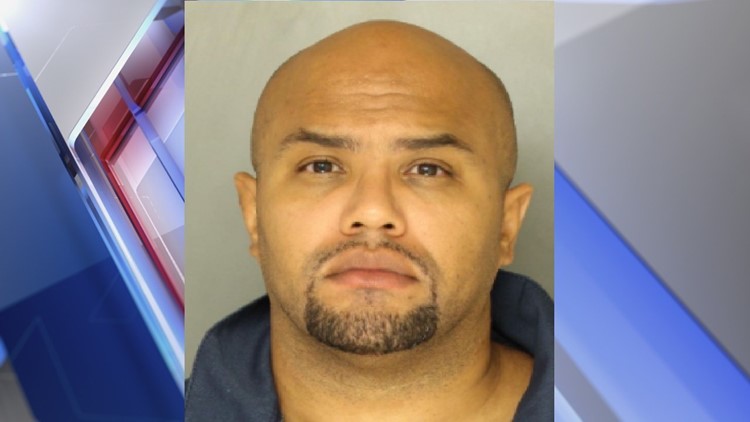LANCASTER — A 38-year-old Lancaster man serving a life sentence for his role in the murder of a Lancaster store clerk in 1996 was granted immediate eligibility for parole by Lancaster County President Judge Dennis Reinaker, according to the Lancaster County District Attorney’s Office.
Clarence Laudenberger was convicted of second-degree murder for the May 1996 killing of Michael Heath. Laudenberger was one of four men convicted of the crime. He was sentenced to life in prison in 1997.
But a 2012 U.S. Supreme Court ruling declared life sentences for juvenile offenders unconstitutional, which prompted the re-sentencing of Laudenberger and 11 other Lancaster County inmates — including Laudenberger’s accomplices in the 1996 crime.
At the re-sentencing hearing, Reinaker ordered Laudenberger to serve a 21-year term. Since he has already served more than 21 years in prison, Laudenberger is expected to have a parole hearing, and will likely be released shortly after that.
Lancaster County District Attorney Craig Stedman was critical of the ruling after the hearing.
“I can tell you that Mr. Heath’s widow absolutely feels like she is being re-victimized by the system — because she is,” Stedman said. “It should not be this way. The sentence is what it is and yet another convicted murderer will be in the community very soon.”
On May 23, 1996, Laudenberger and three others targeted the former Uni-Mart at Duke and Liberty streets for a robbery. Laudenberger agreed to the robbery plot and served as a lookout.
Aramis Gonzalez III, then 16, asked Heath for money, then counted down from three before fatally shooting Heath.
Rodney Lee Walton and Anthony Lewis also were convicted in the case. Each were sentenced to 25 years to life last week, meaning they must serve about four more years before parole hearings.
The Pennsylvania Supreme Court provided re-sentencing guidelines for the inmates affected by the 2012 U.S. Supreme Court ruling.
In Laudenberger’s case, the guidelines call for a minimum 30-year prison term.
Assistant District Attorney Ande Gonzalez asked Reinaker to order that 30-year minimum, stressing the crime’s devastation on Heath’s surviving family and the community.
Gonzalez noted, however, that the co-defendants received 25 years to life, and requested President Judge Reinaker at least impose the same sentence on Laudenberger.
“For cases exactly like this one, the law recommends a minimum sentence of 30 years to life,” Stedman said after the hearing. “This sentence was not only below the minimum, like the others (Walton and Lewis), but it is not even close.”
Gonzalez also asked Reinaker to consider sentences he ordered for the co-defendants, who had similar roles in the crime.
President Judge Reinaker pointed to Laudenberger’s “personal growth” and “greater rehabilitation” than the co-defendants who received longer sentences.
“No amount of good behavior will ever diminish the gravity of the fact that Michael Heath was murdered, his life ended by criminal choices, and that he died on the phone begging for help with his blood all over the store,” Stedman said. “He received a death sentence with no chance for reduction based on good behavior.”
Sherry Heath, Michael’s widow, read a statement to Laudenberger and the judge, opposing parole for Laudenberger.
Gonzalez played a recording of the 911 call Michael Heath made as he was mortally wounded. On the recording, Heath is heard pleading for help and gasping.
President Judge Reinaker has said he must consider amenability to treatment and likelihood to become law-abiding members of society when ordering sentences, as outlined by the higher courts.



